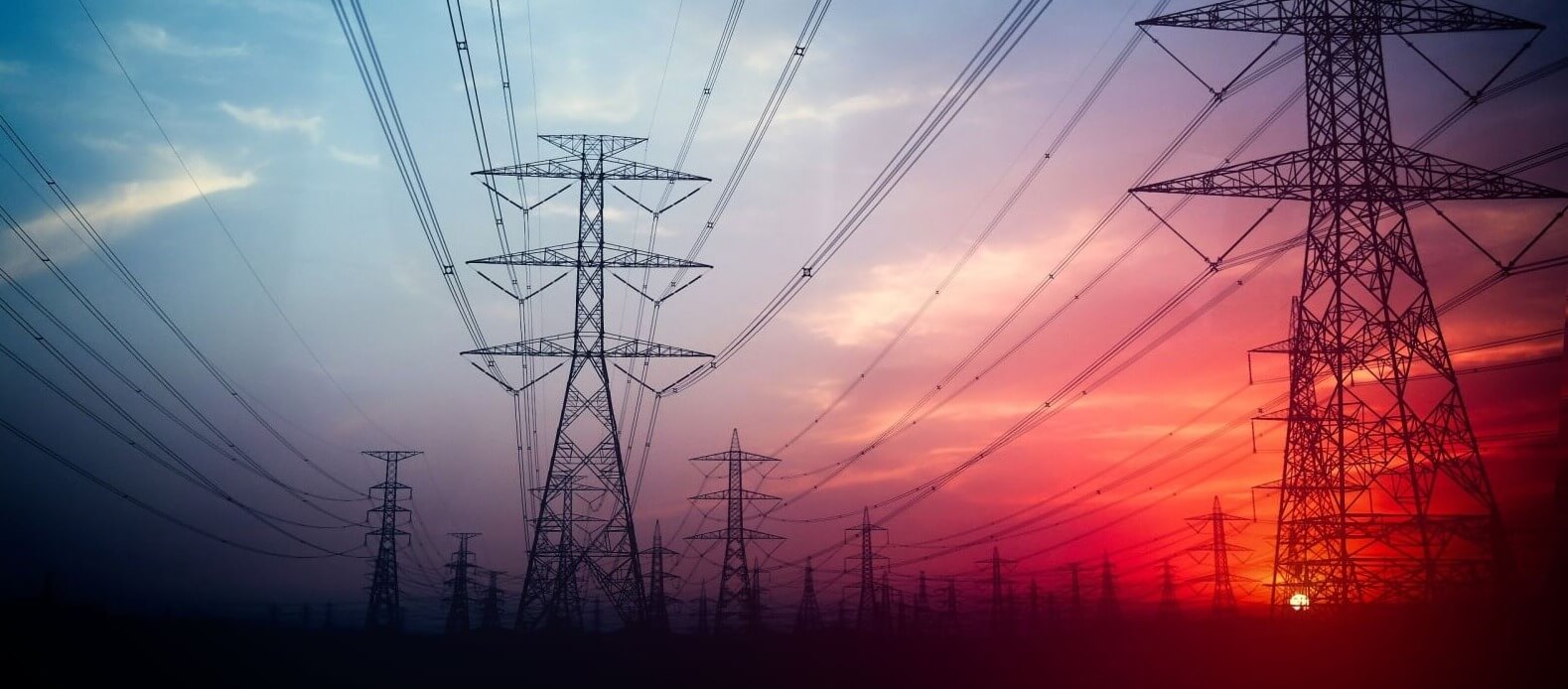The Growing Role of Power Requirements in Economic Development Site Selection
The Growing Role of Power Requirements in Site Selection

Site selection for economic development professionals has always been a complex process, requiring consideration of factors like infrastructure, workforce availability, transportation access, and business incentives. In recent years, power requirements have emerged as a crucial element in these decisions. As energy demand grows, businesses are placing greater emphasis on the availability, reliability, and sustainability of energy.
In the January 2025 issue of Site Selection magazine, an article titled "Site Selectors Survey: Why Site Selectors Love the South" featured an open-ended question about the importance of electric power in site selection. Here are a few of the responses: "Without available power, you’re out of the running," "Capacity and infrastructure challenges limit site options," and "The demand for sufficient power will be a key differentiator between states and communities."
The Rising Demand for Power in Site Selection
Industries with high power needs must choose locations with sufficient electrical grid capacity to meet their current and future demands. Data centers, advanced manufacturing, and electric vehicle (EV) production require vast amounts of electricity. Data centers alone consume 4% of the total electricity generated in the U.S., according to a U.S. Department of Energy report, a figure expected to grow significantly as artificial intelligence (AI) and cloud computing expand. EV battery plants and semiconductor facilities also need large-scale, consistent power loads.

Brasfield & Gorrie
“As a general contractor grounded in safety, preconstruction and integrated project delivery methods, Brasfield & Gorrie knows the importance of a fully integrated site selection team,” said Courtland Robinson, Director of Business Development at Brasfield & Gorrie. “We’ve seen the benefits of early engagement with utilities. We encourage project teams to engage utilities with accurately engineered load estimates and schedules, and to engage early and often.”
This increasing demand for electricity is putting pressure on utilities and economic development leaders to ensure their communities can provide adequate energy resources to attract major investments.
Grid Reliability and Infrastructure Considerations
Another significant issue businesses face when selecting a site is grid reliability. Power disruptions can be costly, particularly for industries where downtime translates directly to monetary loss. A momentary outage in a semiconductor plant can result in millions of dollars in lost production. Companies are prioritizing locations with strong energy infrastructure, backup power options, and smart grid technologies.

McGuireWoods Consulting
“A key challenge is the availability of power and the constraints of transmission systems and transformers,” stated Christopher D. Lloyd, Senior Vice President at McGuireWoods Consulting LLC. “While electricity consumption has been relatively flat over the past few years with only small percentage increases, it is now experiencing a significant surge.”
As electricity demand surges, some utility companies are struggling to provide enough capacity to accommodate large-scale projects. Potential sites are ruled out due to inadequate transmission infrastructure or long timelines needed for power delivery upgrades. Locations with existing or easily expandable power capacity have become much more appealing to businesses.
Competitive Electricity Rates
Fluctuations in energy prices can affect a company's profitability forecasts and returns. Locations with competitive rates help reduce operational costs for the company. Understanding service availability and excess capacity at potential sites ensures the project costs stay low, preventing unexpected expenses related to extending utility services or adding more volume.
The Shift Toward Renewable Energy in Site Selection
As corporate sustainability goals shape investment decisions, access to renewable energy sources has also become a factor in site choice but can also help lower energy costs. Companies like Amazon, Google, and Tesla, which are committed to using renewable energy, prioritize locations with access to solar, wind, and other clean energy options.
Navigating Power Challenges in Site Selection
As power requirements continue to influence site selection decisions, economic development professionals must adapt by:
- Working with utilities to ensure industrial sites have adequate power capacity and upgrade potential.
- Investing in renewable energy infrastructure to attract companies focused on sustainability.
- Providing clear energy roadmaps that outline how businesses can meet their power needs efficiently and cost-effectively.
In today’s economic landscape, power availability is no longer just a consideration, it is a deciding factor. Communities that proactively address energy needs will position themselves as top contenders for business expansion and job creation in the years ahead.
_______________________________________________________________________
2025 #AmericanSouth Site Selection Summit – April 2025 – we hope to see you there!
On the Agenda: (panel discussion)
Powering Economic Growth: Energy’s Role in Sector-Specific Site Selection
As industries evolve, energy is increasingly at the forefront of site selection decisions, shaping the future of investment and job creation. This panel will explore how energy availability, costs, and sustainability goals are influencing sector-specific site selection across key industries. Learn how communities can align their energy strategies to attract and retain businesses, navigate shifting energy dynamics, and stay competitive in a rapidly changing economic landscape.
